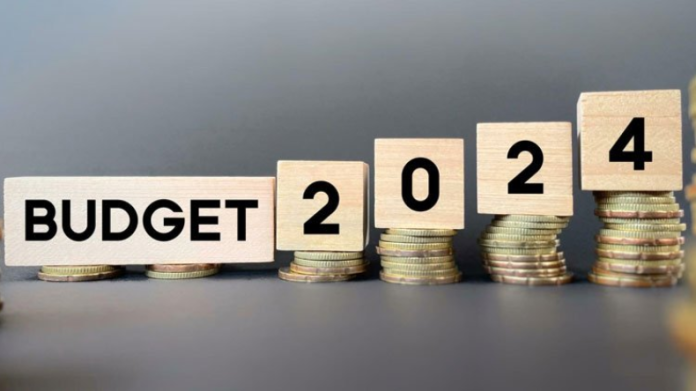As the anticipation builds around Budget 2024, the electric vehicle (EV) sector is eagerly awaiting policy decisions that could shape its trajectory in the coming years. After experiencing substantial capital infusion through subsidies and tax exemptions, industry leaders believe that a continued focus on these incentives is crucial for catalysing the growth of the EV segment in the country.
One of the primary expectations from the Union Budget is the extension of the Faster Adoption and Manufacturing of Electric Vehicles (FAME) subsidy scheme. This program has been instrumental in incentivising the production and adoption of electric vehicles, contributing significantly to the sector’s expansion. An extension of the FAME subsidy would not only provide a continued boost to the industry but also reaffirm the government’s commitment to sustainable mobility.
Additionally, there is a collective hope within the EV community for a reduction in the goods and services tax (GST) on specific EV components. Industry stalwarts argue that a GST cut could further enhance the affordability of electric vehicles, making them more attractive to a broader segment of the population.
Ayush Lohia, CEO of Lohia Auto, emphasises the need for a comprehensive policy on EV parts to ensure transparency and a level playing field within the industry. He specifically addresses the GST disparity on spare parts, with rates varying between 28% and 18%, posing a significant challenge. Lohia advocates for innovation-centric initiatives, capacity-building measures, and meaningful incentives to drive widespread EV adoption.
Hero Electric Founder and MD, Naveen Munjal, echoes similar sentiments, expressing hopes for announcements related to the reduction of GST rates, an extension of FAME II subsidies, and increased investment in charging infrastructure. Munjal emphasises the critical role of charging infrastructure in overcoming range anxiety and promoting EV adoption.
Arun Sreyas, Co-Founder of RACE Energy, points out the existing GST disparity between EVs with fixed batteries (taxed at 5%) and lithium-ion batteries used for swapping purposes (taxed at 18% when sold separately). Sreyas anticipates GST parity for EV batteries used in swapping, crucial for competitive pricing and fortifying the EV landscape. He also anticipates guidelines within the FAME scheme related to the registration process and subsidy mechanism for battery swapping vehicles.
Avinash Sharma, Co-Founder and CEO of ElectricPE, highlights the importance of lowering the GST rate on batteries from 18% to 5%, aligning it with Battery EVs. This adjustment would bring battery swapping and subscription models in line with traditional EVs, a significant step for the overall development of the EV ecosystem.
As stakeholders await the unveiling of Budget 2024, the EV sector remains optimistic that the government will introduce reforms that not only address current challenges but also propel India towards a sustainable and electric future. The industry’s collective expectations centre around creating an environment conducive to innovation, affordability, and widespread adoption of electric vehicles.



